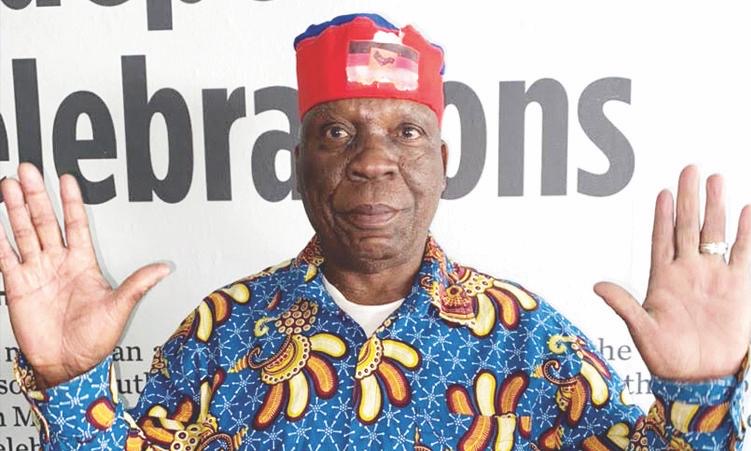THERE are only five State ambulances for the Erongo Region, while the Swakopmund district’s sole ambulance has been out of service for the last three weeks.
According to Erongo’s Deputy Director of Health and Social Services, Dr Philip Tshiteta, the region needs at least nine ambulances. Apart from the strain on the Ministry’s services, it also affects the operations and policies of private ambulance services.Further, it places at risk the lives of victims who need immediate medical attention.In Swakopmund’s Tamariskia suburb on Wednesday, a six-year-old boy was knocked down by a vehicle.Swakopmund’s State ambulance could not respond to the accident because it was still in for repairs – after three weeks out of service.A private ambulance service was called, but because the boy was a State patient, the company’s strict operational policies prevented it from responding.Eventually a State-owned bakkie was sent to transport the child to the Swakopmund State Hospital.Tshiteta confirmed that Swakopmund’s only ambulance has been out of service for the past three weeks.The ambulance, which serves Swakopmund, Henties Bay and Arandis, has 500 000 km on the clock.He said any repairs costing more than N$10 000 have to be approved by head office and that contributed to the delay.In life-threatening situations, he said, the Ministry would have to pay private ambulance services to transport sick or injured people.Private ambulance services feel they are being placed in a tough position.On the one hand, they are commercial ventures that can’t afford to operate at a loss.On the other, they often feel obliged to get involved on humanitarian grounds.The State’s apparent dependence on these private companies has forced them to lay down strict guidelines and refuse to respond to emergencies involving State patients – as happened at Swakopmund this week.Tshiteta agreed that Erongo needed more ambulances.At present, there are only two for Walvis Bay, one for Usakos and Karibib and one for Omaruru.According to him, Swakopmund and Walvis Bay need at least five ambulances, Karibib and Usakos two and Omaruru two.”We have already presented this need to our head office, but processing these things takes time,” he said.Apart from the strain on the Ministry’s services, it also affects the operations and policies of private ambulance services.Further, it places at risk the lives of victims who need immediate medical attention.In Swakopmund’s Tamariskia suburb on Wednesday, a six-year-old boy was knocked down by a vehicle.Swakopmund’s State ambulance could not respond to the accident because it was still in for repairs – after three weeks out of service.A private ambulance service was called, but because the boy was a State patient, the company’s strict operational policies prevented it from responding.Eventually a State-owned bakkie was sent to transport the child to the Swakopmund State Hospital.Tshiteta confirmed that Swakopmund’s only ambulance has been out of service for the past three weeks.The ambulance, which serves Swakopmund, Henties Bay and Arandis, has 500 000 km on the clock.He said any repairs costing more than N$10 000 have to be approved by head office and that contributed to the delay.In life-threatening situations, he said, the Ministry would have to pay private ambulance services to transport sick or injured people.Private ambulance services feel they are being placed in a tough position.On the one hand, they are commercial ventures that can’t afford to operate at a loss.On the other, they often feel obliged to get involved on humanitarian grounds.The State’s apparent dependence on these private companies has forced them to lay down strict guidelines and refuse to respond to emergencies involving State patients – as happened at Swakopmund this week.Tshiteta agreed that Erongo needed more ambulances.At present, there are only two for Walvis Bay, one for Usakos and Karibib and one for Omaruru.According to him, Swakopmund and Walvis Bay need at least five ambulances, Karibib and Usakos two and Omaruru two.”We have already presented this need to our head office, but processing these things takes time,” he said.
Stay informed with The Namibian – your source for credible journalism. Get in-depth reporting and opinions for
only N$85 a month. Invest in journalism, invest in democracy –
Subscribe Now!







